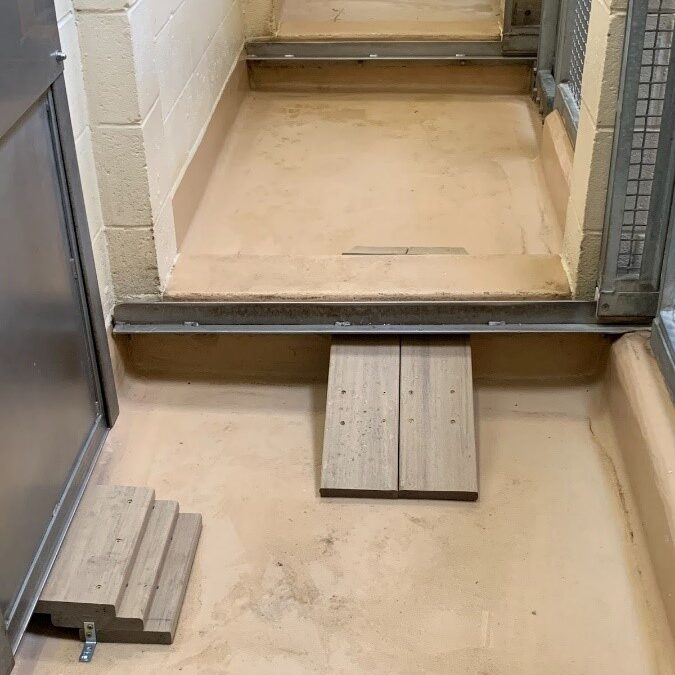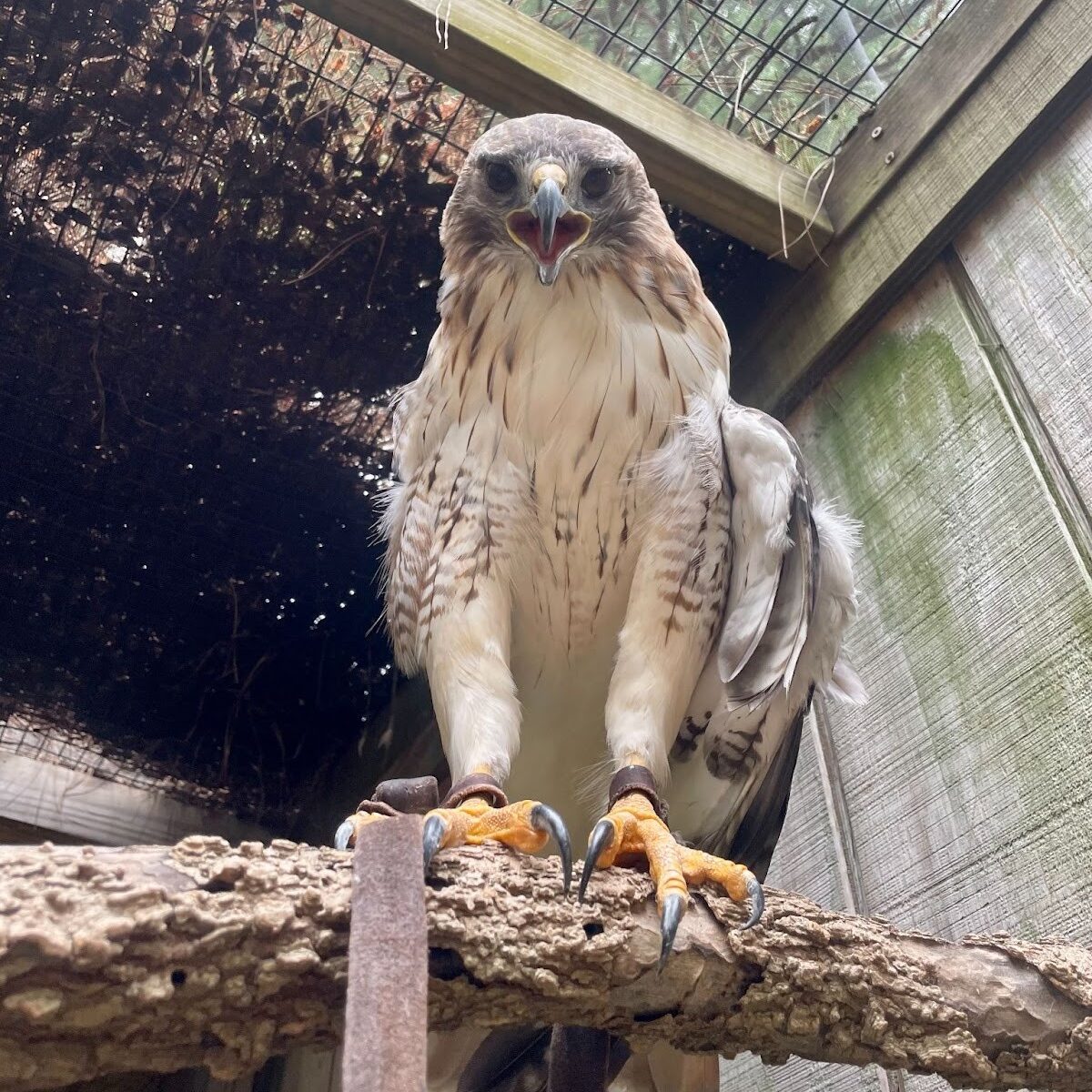The Virginia Zoo Loves our Seniors!
While you may associate the Zoo with children and families, we welcome all of types of visitors, including the young and young-at-heart! To recognize our favorite human seniors, the Zoo will be offering free admission for senior citizens (ages 62+) every Wednesday from August 23-September 27. No prior reservations necessary – all they’ll need is a valid photo ID at the gate!
In the same spirit, we want to recognize some of our older animals who continue to live enjoyable lives here at the Zoo. We are committed to excellence in animal care and welfare for all our animals, and senior animals present different challenges as we address age-related health issues. Meet some of our older animals below and learn about the various accommodations we’ve made to ensure they enjoy high quality of life during their golden years!

Our Asian small-clawed otter, Puba, turns 16 years old in September. The average lifespan for these animals is 10-12 years in human care, with the oldest reported being 21. Puba still remains quite active and loves to play with his partner, Alana!
His keepers have installed ramps to help him navigate the tall steps in his night house more easily due to arthritis in Puba’s hips and knees. This is a common age-rated change seen in a variety of animal species, including humans. The ramps reduce strain on his joints by allowing him to walk over barriers rather than needing to jump!
Puba receives medication to help manage his arthritis and his mobility is monitored daily by his keepers.

One of our formal animal ambassadors, Russet the red-tailed hawk, has been with us at the Virginia Zoo since 1996! He is estimated to be 28-30 years old, and the average lifespan for these animals in human care is 20-30 years. After a long tenure spreading conservation messaging as an animal ambassador, Russet has retired from taking part in education programs. He is still trained daily to keep him engaged but is given more time to respond to cues than non-retired animals.
Russet has an injury to his left wing and a cataract in his left eye. To accommodate for his limited mobility and depth perception, his keepers have moved perches closer together in his mew, allowing him to hop more than fly, and they’ve added a stump to help assist him from perch to the ground.

Last but certainly not least, one of our oldest residents at the Zoo is A.J. the Aldabra giant tortoise, who is estimated to be in his 90s! The species’ lifespan remains unknown but is theorized to be between 150-200 years old, so while A.J. has lived longer than most humans, he is in the prime of his life and not considered senior for his species.
He enjoys a variety of activities with his keepers including painting, water hose showers, neck massages, and mud baths, all of which contribute to A.J.’s physical and mental well-being by providing stimulation and engagement.

Next time you visit the Zoo, look out for our senior friends!